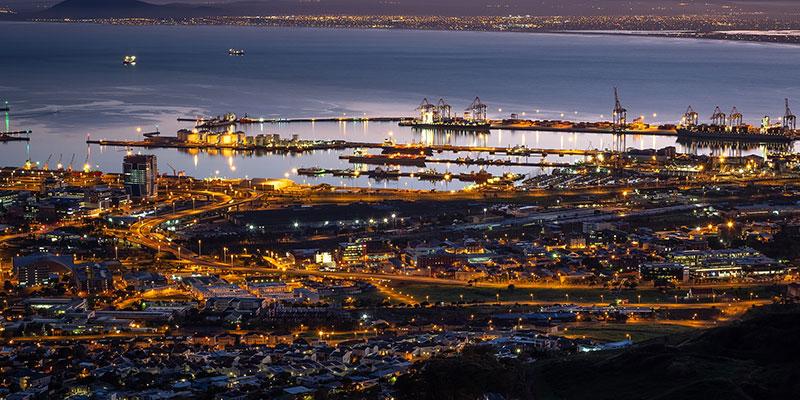Track 1: Future Ports and Waterways
Track 1: Future Ports and Waterways
Track 1: Future Ports and Waterways

Climate change represents a significant risk to business, operations, safety and infrastructure. Port and waterways operators need to take urgent action to strengthen resilience and adapt. Dealing with climate change uncertainties in the selection, design and evaluation of options for resilient infrastructure will be central.
CoMEM+ Track 1 provides an introduction to the potential consequences of climate change and challenges to be addressed if ports and waterways are to adapt effectively. Also, the carbon footprint of activities related to development, maintenance and operation of navigation channels and port infrastructure including the management of dredged material will be addressed.
Today’s projects include many stakeholders and competence in handling these are important and will also be addressed. Indeed, the level sea rise is no longer an idea or a concept but a reality that ports must take into account in their development plans. The idea here is to respond in a sustainable way to this societal and economic challenge by relying on new maritime techniques and scientific technologies.
Learning outcomes
Learning outcomes
General competences
General competences
After completing Track 1, the students will acquire general competences in:
- Design methods for ports, waterways and other coastal facilities.
- Dredging and disposal solutions for contaminated sediments.
- Design and operation of inland waterways hydraulic structures and riverbanks.
- Social responsibility of business and entrepreneurship.
Knowledge
Knowledge
After completing Track 1, the students will have knowledge of:
- MetOcean main physical processes and their effects on the port and waterways infrastructure.
- Numerical and laboratory modelling techniques,
- Geotechnical aspects related to foundations for port and waterways structures.
- Management techniques.
- Port planning and operation.
- Environmental issues before and after construction of e.g. a port.
- Entrepreneurship and corporate social responsibility.
- How climate change uncertainties can be managed to reduce risks when designing and operating resilient infrastructure.
Skills
Skills
After completing Track 1, the students will be able to:
- Perform time and frequency domain analysis of MetOcean data to provide operational and design values.
- Design navigational infrastructure with resilience and adaptation to climate change in mind.
- Perform risk management (concepts and techniques).
- Know how to make the stakeholders and community to work together to make a project acceptable and wanted.
